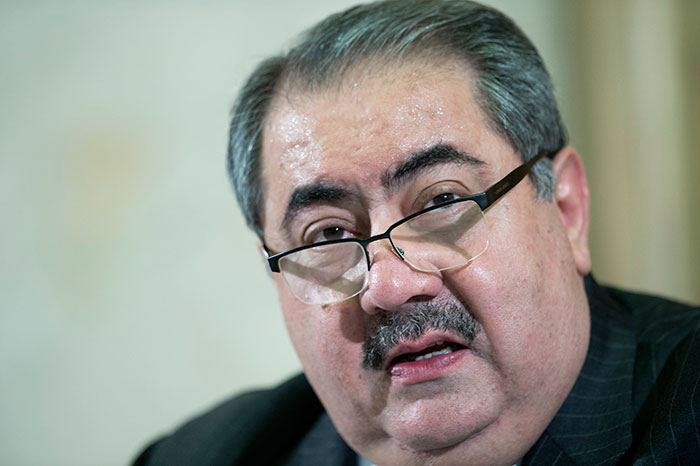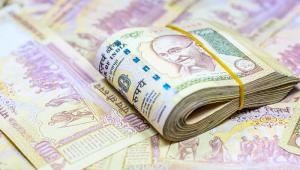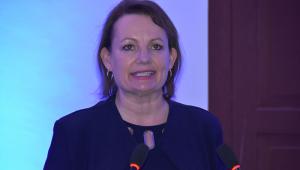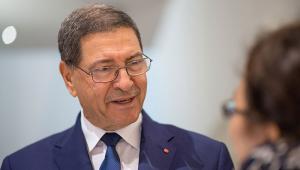web_hoshyar-zebari_9132965713_074f162f50_o.jpg

Hoshiyar Zebari was removed from his post as Iraq's finance minister by the country's parliament amid allegations of corruption.
Hoshiyar Zebari, who was appointed to the post in 2014 after a long career in the foreign ministry, lost the confidence of the majority of Iraqi lawmakers who voted to remove him from office. The vote was passed by 158-77.
Sarhan Ahmed, a member of the Iraqi parliament’s finance committee, told Reuters that the decision would “shake confidence” in the relationship between the International Monetary Fund and Baghdad.
Zebari had led negotiations with the fund for a $5.4bn loan deal and with international lenders for a Eurobond.
“[Yesterday's] move will undermine ongoing efforts by Iraq to convince the IMF and other lenders it has a stable economic and political atmosphere,” Ahmed said.
The news follows the questioning of Zebari by two other lawmakers last month over corruption allegations, which Zebari denies.
It leaves the country without a finance, defence or interior minister. Defence minister Khalid al-Obeidi was sacked and impeached by lawmakers after facing accusations of corruption, also in April.
Interior minister Mohammed al-Ghabban resigned following a bombing in central Baghdad that killed more than 300 people in July. His resignation was followed by that of six other ministers.
The country’s parliament approved five new ministers in August, but the positions of defence and interior minsters remain to be filled.
Today’s development threatens to further destabilise the country and pushes its economy even closer to the brink.
Iraq is struggling with a huge budget deficit after oil prices, which accounted for 95% of government revenue, collapsed from $103 per barrel at the end of 2013 to $22-23 per barrel earlier this year.
After decades of war, the country’s newest conflict against ISIS, which invaded a third of the country’s territory in 2014, has put further pressure on already stretched resources.
The IMF estimates the country’s economy contracted by 2.1% in 2015 owing to conflict, destruction of infrastructure and assets, and disruptions to trade and investor confidence. It expects Iraq’s financing gap to top $17bn in 2016.













